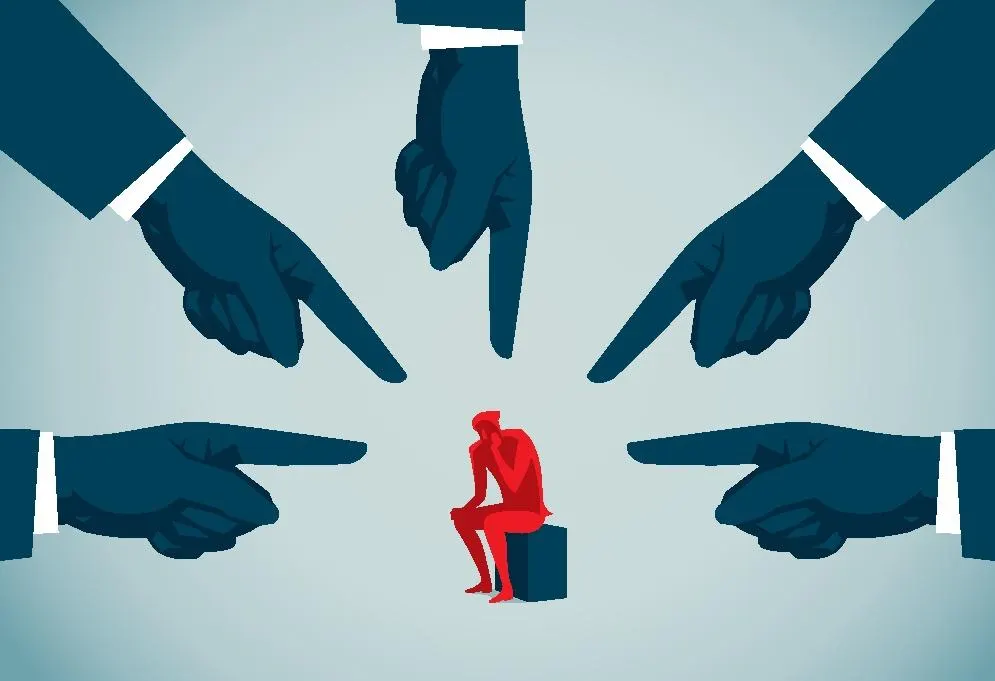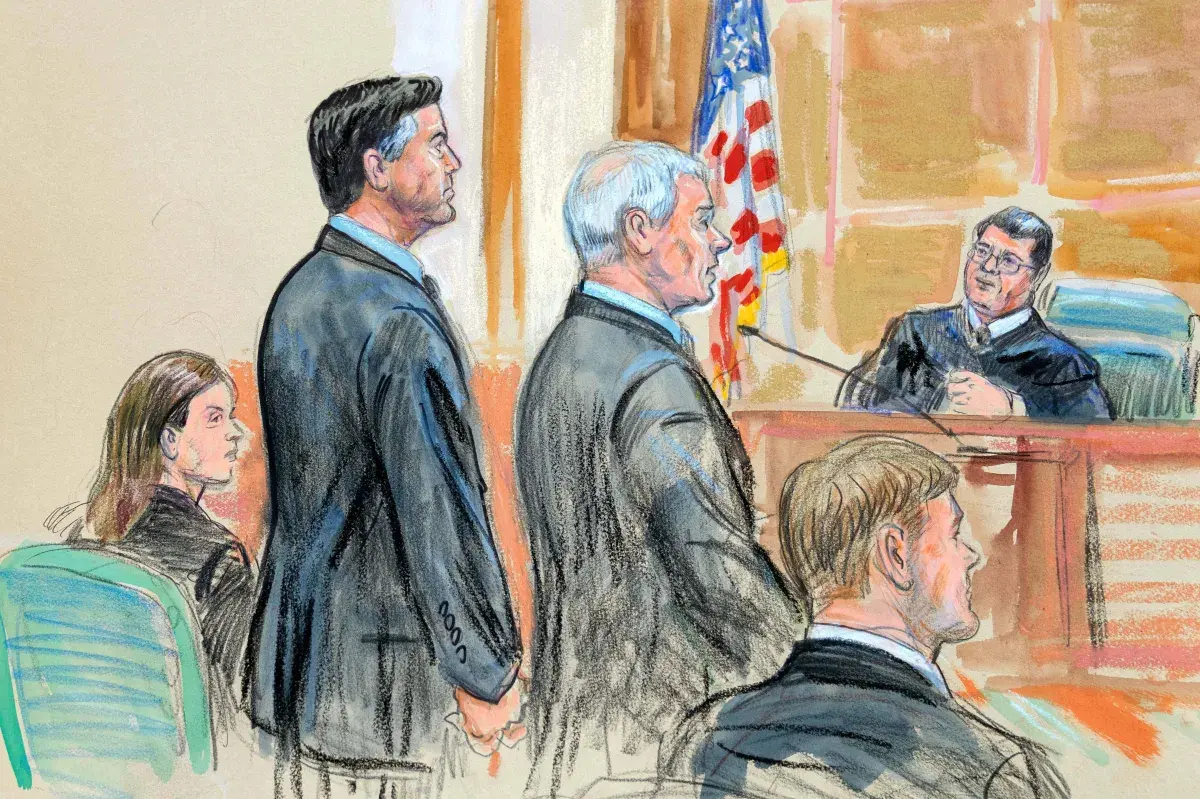Copyright forbes

Heads or tails? New research reveals that if you aren’t the one to flip it, it might still feel unfair, despite being perfectly random. A coin flip is about as fair as it gets. Its two sides with equal weight make it so that the odds are always fifty-fifty. Mathematically, it’s perhaps one of the purest forms of impartiality we have. It’s so pure, in fact, that referees, judges and even election officials use it to decide who gets what when no better method exists. And yet, losing the toss can still leave you with an inexplicable sting of injustice. Your brain insists that it just wasn’t fair, despite the fact that you know, statistically, it couldn’t have been any fairer. This contradiction between what we know and what we feel is what psychologists call the “illusion of unfairness.” It’s the human tendency to feel personally wronged by chance. You might think it silly for psychological researchers to care about how people feel about a coin toss. But, as a new study from Journal of Personality and Social Psychology shows, this tiny, everyday illusion teaches us a lot about how humans make sense of control, fairness and fate. Here’s a breakdown of the findings. The Psychology Of A Coin Flip The idea behind the 2025 study came, funnily enough, from a petty moment of office politics. Two graduate students needed to allocate workspaces, and both of them had their eye on the same private office. To keep things fair, they agreed that a coin flip would decide. One student flipped a virtual coin three times, called heads and won. The other student — Rémy A. Furrer, the lead author of the study — saw the email chain after the fact and felt something odd. “Even though the process and outcome remained random, I still felt a faint and somewhat embarrassing sense of unfairness,” Furrer explained to me in an interview. Continuing, he recalled, “I knew it made no difference who flipped the coin since the odds were identical, yet emotionally, it felt different.” MORE FOR YOU That small, sheepish moment of perceived unfairness sowed the seed for a much greater scientific question: Why do we feel that some processes are unfair, even when we’re well aware of the fact that they aren’t? To investigate this, Furrer and his fellow researchers returned to where it all started: a coin flip. It’s universal, unambiguous and it removes personal bias; everyone involved will face equal odds. Yet, just as Furrer suspected (and experienced himself), our minds don’t always interpret equality in the same the way our logic does. The study surrounded two key concepts in fairness research: Procedural control. Refers to whether someone feels involved in the process itself. In the case of a coin flip, this would be whether or not you’re the one who gets to choose heads or tails, or physically flip the coin. Outcome control. Refers to the belief that the result could be influenced by someone or something — even though, in a truly random process, it’s impossible. The parameters of the experiments were intentionally varied: some participants flipped the coin themselves, whereas others had a partner or an experimenter flip it. The flipper was even chosen entirely arbitrarily in some cases, based on who had more characters in their user ID. Some of the coin tosses were virtual, and others were physical. In every case, the participants couldn’t actually manipulate the result themselves. Yet, by manipulating who performed each step and, by extension, who simply observed, Furrer and his research team were able to isolate how much the feeling of control shaped people’s sense of fairness. Fairness Is An Emotion First, A Logic Second Consistently, the participants within the study considered the coin flip as less fair when someone else flipped it, despite the fact that the odds remained 50/50. In fact, they were observed to feel this way before they saw the result. This is to say that the participants didn’t need to lose in order to feel wronged. The moment they felt as though they’d been excluded from the procedure was the moment that the illusion of unfairness began. Naturally, an unfavorable outcome only made this feeling worse. Even when the participants were explicitly reminded of the randomness of the procedure, they still couldn’t shake the illusion altogether. Participants who were told outright that the flipper had been chosen through a random rule rated the process exactly as unfair as those who hadn’t received an explanation at all. The brain, it seems, doesn’t concern itself with the fact of fairness; it seems to care more about the feeling of participation. Fascinatingly, the results were inverted for winners: that is, when people flipped the coin themselves and won, they actually felt guilty about it. Their “control” over the random process made it feel as though they were personally responsible for the other’s poor outcome. This guilt, of course, was non-existent when someone else flipped. Evidently, being the agent of a random outcome is enough to make us feel accountable for whatever moral implications it may have, even if we have no logical reason to feel this way. Naturally, the researchers were also interested in whether or not the illusion was driven by emotion or cognition. As such, they ran another variation in which some participants were asked to make fairness judgments immediately after seeing the coin flip. Others were told to pause and reflect. Overall, the participants who had to respond quickly, relying on their instincts, were more likely to rate the process as significantly less fair, as opposed to those who took more time to think it through. We can’t quite compute fairness in the same way a calculator can statistics. It’s a seemingly emotional reflex that precedes reasoning. This means that, much like most of our reflexes, it can also misfire. This is why the emotional brain is inclined to see pure randomness as a moral violation. As a 2017 study from Neuroscience found, the anterior insula (a brain region associated with pain and disgust) increases in activity when we experience unfairness, even when no one has done anything wrong. Why Fairness Can Still Feel Rigged Sometimes So, what does this mean when you don’t get the job, the promotion, the apology, the lucky break? Likely, it’s that what we think is unfairness is really just an emotion; it isn’t always a fact. When our minds tell us that something’s “not fair,” it’s attempting to come to terms with the fact that we’ve been excluded from the process. In other words, the real injustice often, in our minds, is that we lacked a voice or agency in how the events unfolded. That’s why even the fairest of systems can feel like it’s been rigged against you. When randomness or complexity makes it so that we can’t see or understand the process, we equate the absence of control with the presence of injustice. This illusion can have very real psychological consequences. It can make us bitter, resentful cynics; it can urge us to view ourselves as victims. In turn, once we start looking at outcomes as random and unfair, we simultaneously start to believe that our efforts don’t matter. It’s a pipeline from, “That coin flip was unfair,” to, “Life is rigged.” That said, the findings also suggest that our reasoning abilities can help. When participants were encouraged to slow down, reflect and consciously acknowledge the randomness, their sense of unfairness decreased significantly. The illusion of unfairness is, in a sense, proof of our humanity. Of course, we care about what we get, but care just as much about how we get it, too. We desperately want to feel as though we have some sort of control over what happens to us. When we don’t, it can make us see bias where all there is is chance. However, when we pause and remind ourselves that fairness isn’t the same thing as favor, we regain an important sense of perspective. Because, sometimes, the coin will land how it will, the job will go to someone else and the Earth will keep on spinning — regardless of how you feel about it. It’s not because life is unfair, but rather because life is indifferent toward you. The meaning of these outcomes, nine times out of ten, is something we ascribe to it ourselves. Do you feel as though you have no hand in the cards that life deals you? Take this science-backed test to find out if your locus of control is leading you to see life as unfair: Locus Of Control Scale Editorial StandardsReprints & Permissions



